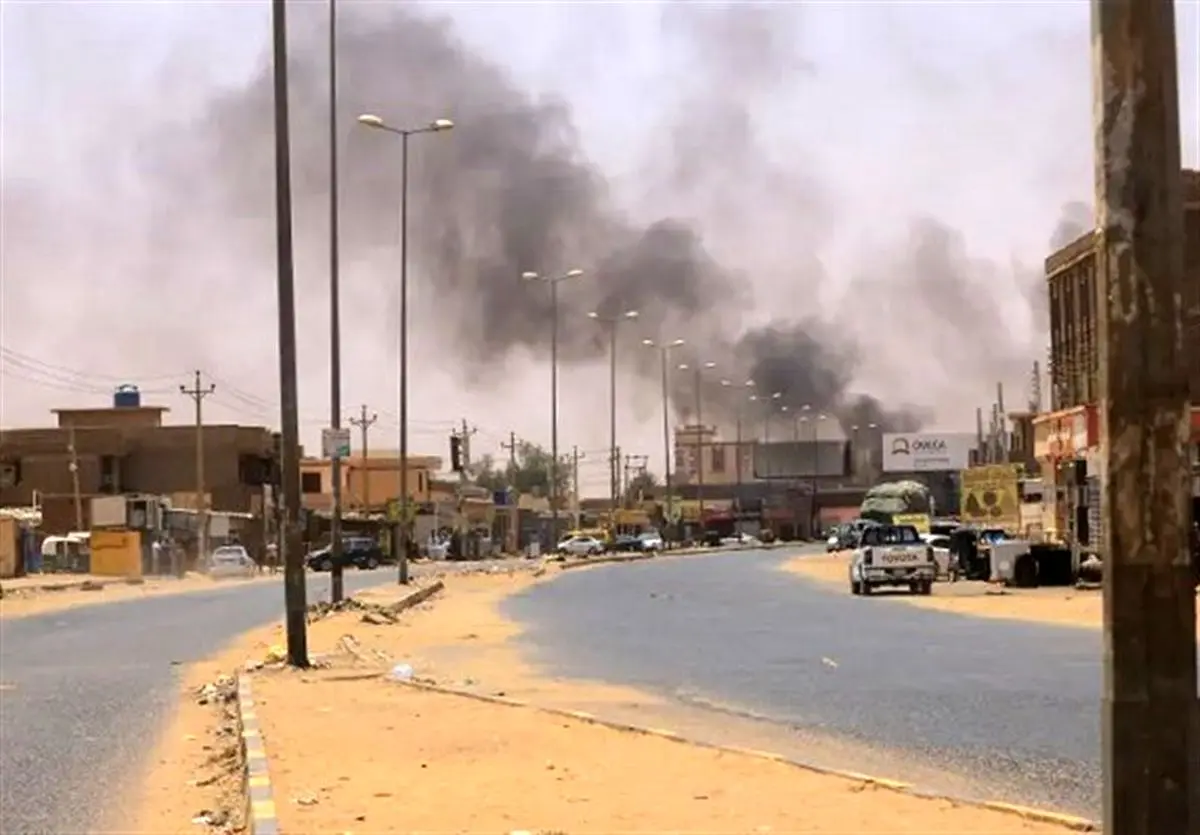Sudan Army Agrees to Help Evacuate Foreigners

Sudan's army said on Saturday it had agreed to help evacuate foreign nationals as sporadic gunfire and air strikes echoed across Khartoum despite promises by warring sides to cease fire for three days after a week of strife that has killed hundreds.
The statement citing army chief Abdel Fatteh al-Burhan came after promises by rival Rapid Support Forces (RSF) leader Mohamed Hamdan Dagalo, known as Hemedti, to open airports for evacuations.
Sounds of fighting continued overnight but appeared less intense on Saturday morning than on the previous day, a Reuters journalist in Khartoum said. Live broadcasts by regional news channels showed rising smoke and the thud of blasts.
The army and the paramilitary RSF, which are waging a deadly power struggle across the country, had both issued statements saying they would uphold a three-day ceasefire from Friday for Islam's Eid al-Fitr holiday.
Sudan's sudden collapse into warfare has dashed plans to restore civilian rule, brought an already impoverished country to the brink of humanitarian catastrophe and threatened a wider conflict that could draw in outside powers.
There has been no sign yet that either side can secure a quick victory or is ready to back down and talk. The army has air power but the RSF is widely embedded in urban areas including around key facilities in central Khartoum.
Burhan and Hemedti had held the top two positions on a ruling council overseeing a political transition after a 2021 coup that was meant to include a move to civilian rule and the RSF's merger into the army.
The World Health Organization reported on Friday that 413 people had been killed and 3,551 injured since fighting broke out. The death toll includes at least five aid workers in a country reliant on food aid.
Sudan borders seven countries and sits between Egypt, Saudi Arabia, Ethiopia and Africa's volatile Sahel region. The hostilities risk fanning regional tensions.
The violence was triggered by disagreement over an internationally backed plan to form a new civilian government four years after the fall of autocrat Omar al-Bashir and two years after the military coup.
